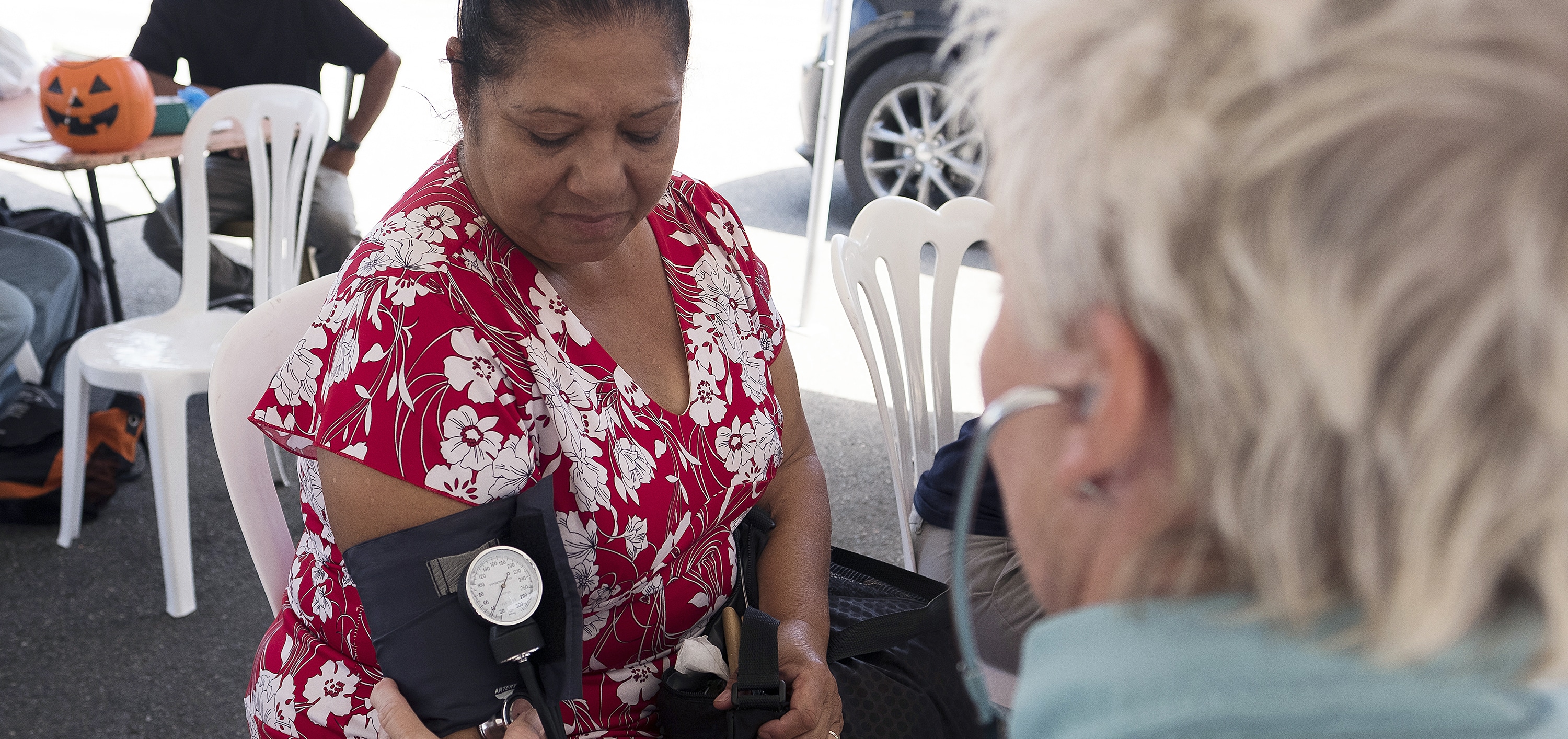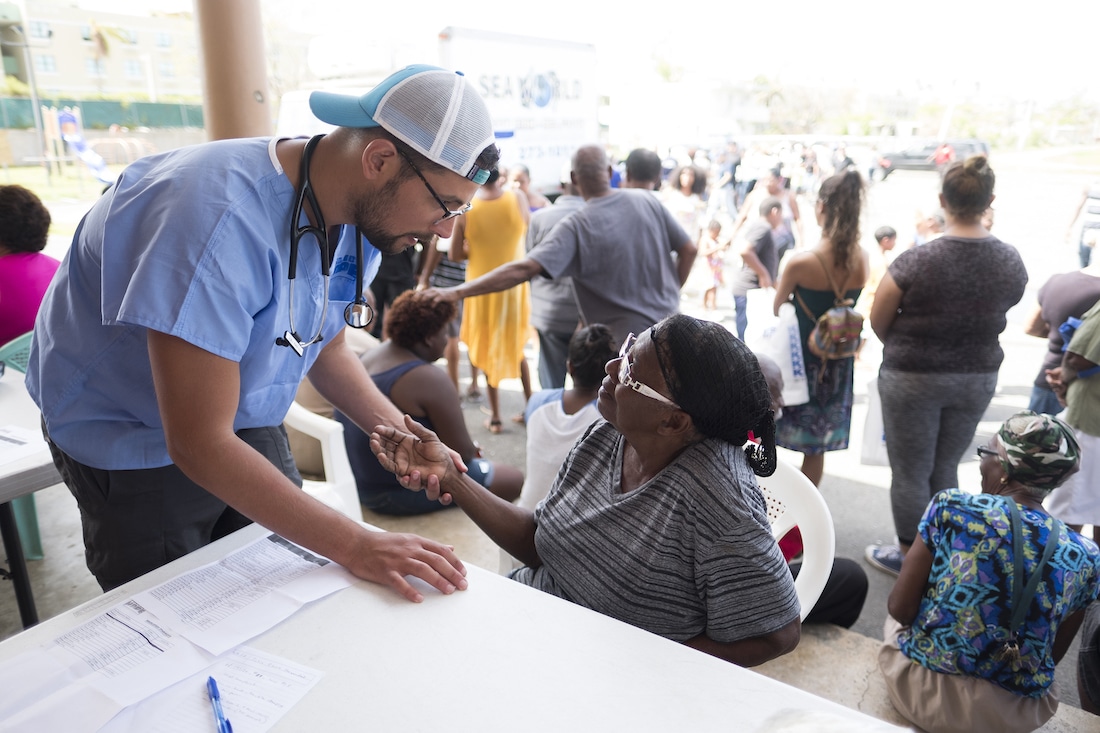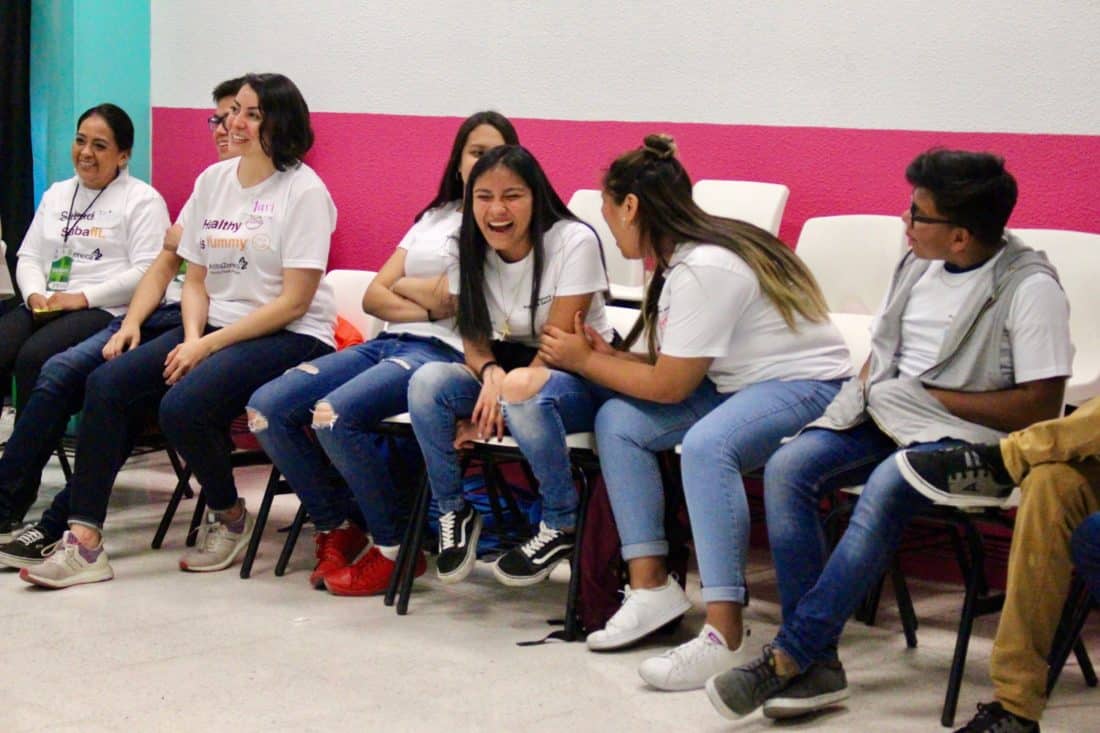
Noncommunicable Diseases (NCDs)
Project HOPE works to address the rapidly growing risks of noncommunicable diseases (NCDs) worldwide—especially diabetes, hypertension, and respiratory diseases.
An Epidemic of Devastating Consequence
Noncommunicable diseases are the leading cause of death in the world — and the threat is rising.
Also known as chronic diseases, NCDs such as heart disease, respiratory disease, and diabetes are already responsible for around 70% of deaths each year.
New evidence also suggests that countries with higher burdens of NCDs also had higher COVID-19 death rates — a trend that will only make the world more vulnerable to future pandemics as NCD rates increase.
Tobacco, physical inactivity, alcohol, unhealthy diet, and air pollution all heighten the risk of dying from a noncommunicable disease. These risk factors also worsen mental health issues.
People of all ages are affected by the crisis. More than one-third of NCD deaths are premature, in people between ages 30 and 69, and most occur in low- and middle-income countries, where health education is less common and quality treatment and care can be harder to find.
This is where Project HOPE helps train health workers and expand community support. For more than 20 years, we’ve worked closely with local health workers and patients young and old to address the growing risks of diabetes, hypertension, and respiratory disease.
![]()
How We Provide Hope
Project HOPE helps communities prevent, detect, manage, and treat NCDs by working closely with health workers, patients, and at-risk populations around the world.
Our programs are tailored to meet country-specific needs and include approaches that focus on:
- Increasing the capacity of health professionals at all levels through evidence-based education models and innovative online learning tools.
- Improving patients’ abilities to manage their own conditions through evidence-based models like our 5 Steps to Self-Care curriculum.
- Engaging peers, family members, and the community to encourage healthy lifestyles through health education and community-based screenings.
- Coordinating with local governments and partners on new health policies that improve the prevention, detection, management, and treatment of NCDs.
- Increasing access to essential equipment and medicines.

![]()
Where We Work
Project HOPE has implemented successful NCD programs in China, Egypt, India, Mexico, New Mexico, Puerto Rico, South Africa, and the United Arab Emirates.
In China, which has one of the highest numbers of deaths from stroke and heart disease, we’re helping adults in Shanghai and the province of Henan get screened for hypertension and then get access to treatment to help gain control over their condition in order to reduce complications and improve quality of life.
In Mexico, where diabetes has been declared a national emergency, we’re empowering young people to live healthier lifestyles, while simultaneously bolstering the health services available to support them. We’re also strengthening the implementation of — and advocating for — policies and laws that help individuals make healthier choices.
In Puerto Rico, we’re helping people living with diabetes learn to better manage their health and strengthening the health system’s ability to stay strong through disaster. After Hurricane Maria, in partnership with the University of Puerto Rico, we established a solar-powered, island-wide cold chain to ensure uninterrupted access to temperature-sensitive medicines, even in the wake of disaster.

![]()
Impact That Lasts
Our NCD programs have changed the lives of children, adults, and older populations for more than 20 years.
Since 2016, Project HOPE has reached more than 1 million people who either have or are at risk of NCDs, and we’ve trained more than 59,500 health workers to prevent, detect, manage and treat these diseases. We’ve also screened more than 541,500 people so they can begin treatment and management.
We’ve empowered health workers with the skills and knowledge they need to care for their patients and helped patients find ways to manage and protect their own health. We’ve promoted policies that lead to sustainable change, and we’ve delivered lifesaving medicine in times of crisis.
How you can help
Make a lifesaving gift to support our work now and for the future at projecthope.org/donateAre you a health-care or other professional who would like to learn more about volunteering abroad with Project HOPE? Learn more about our volunteer program and join our volunteer roster.
Stay up-to-date on this story and our lifesaving work around the world by following us on Facebook, Instagram, LinkedIn and Twitter, and help spread the word by sharing stories that move and inspire you.